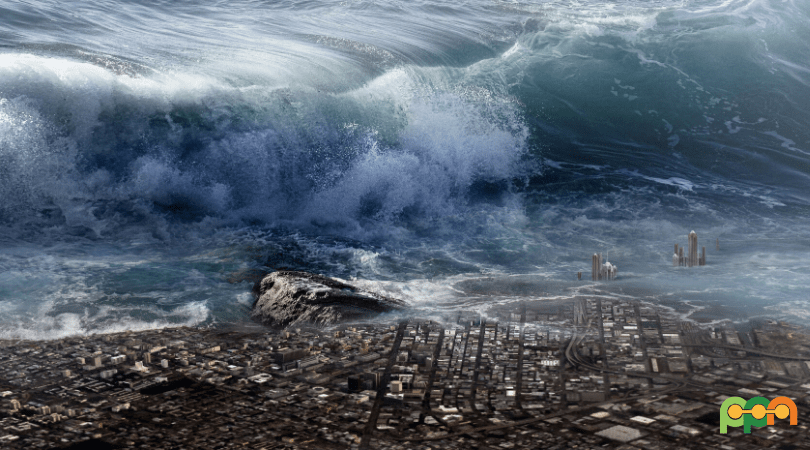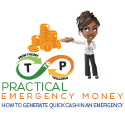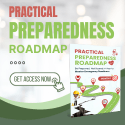A tsunami is a series of seismic and large ocean waves resulting from an enormous displacement of the seafloor.
It is caused by underwater disturbances such as underwater landslides, volcanic eruptions, and earthquakes at tectonic boundaries under the sea. Nonetheless, tsunamis cannot be taken for granted.
The size of a tsunami can vary from a meter high to more than 300 meters high in size!
Tsunamis are dangerous and can destroy properties, infrastructures, buildings, and worst – kill lives.
Drowning is the most common cause of death associated with it which can happen anytime, anywhere along coasts.
Here are some tips on how you can handle, and survive a tsunami attack.
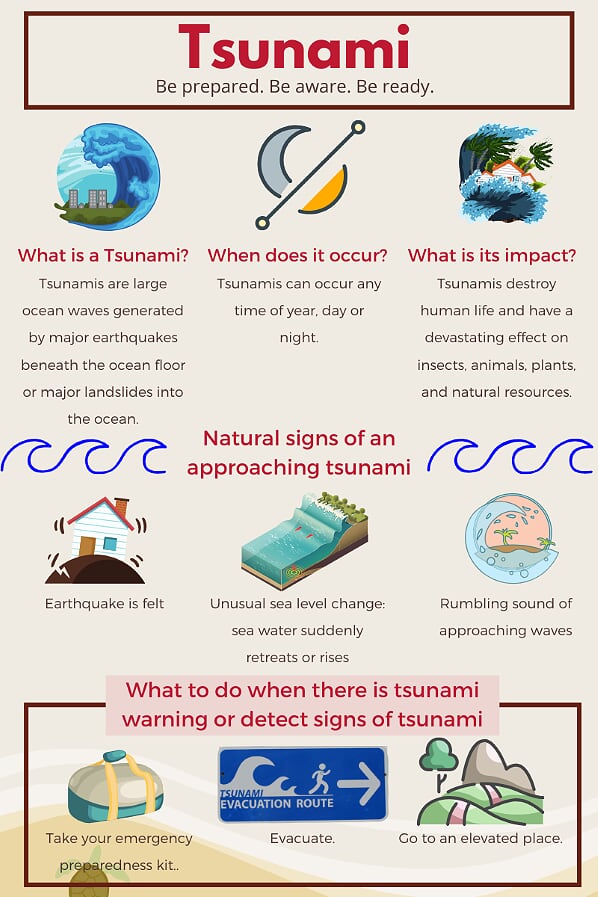 Preparation Before a Tsunami Attack:
Preparation Before a Tsunami Attack:
- Learn the risk of tsunami in your location especially if you are living near a coastal area.
- If you are a tourist, acquaint yourself with the local safety evacuation protocols of the place. Know the safe evacuation routes and zones in your community.
- Identify the risk or potential dangers of flooding in your house or the place you are currently residing in.
4. Secure an emergency preparedness kit and a bag with basic supplies.
5. Create a family escape plan and a place where you can meet in case of separation.
Surviving During a Tsunami Attack:
- An early warning sign of a tsunami is an occurrence of an earthquake. Protect yourself first during an earthquake. Follow the Drop, Cover, and Hold safety protocol.
- Another indication of a tsunami attack is a recession of water levels below an unexpected low tide. Stay out of the water and get to higher ground immediately as far as possible.
- If you are caught in the water, grab something that floats to save you from drowning.
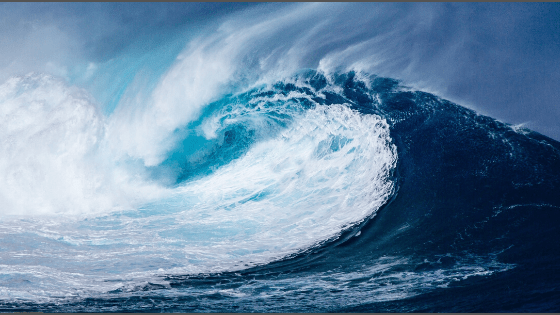
Be Safe After a Tsunami Attack:
- Inform your loved ones you’re safe and where you are.
- Listen and check for the local news and updates to stay informed of the situation.
- Follow the authorities.
- Return only when authorities tell you it is safe.
Since earthquakes cannot be predicted, once it has occurred, a tsunami can possibly be anticipated.
During a natural disaster and emergency situational awareness, sufficient preparation, and knowledge in preventive measures is needed.
These will keep us better protected from future disasters such as tsunami.
Remember:
We cannot stop natural disasters but we can arm ourselves with knowledge.
Be vigilant.
